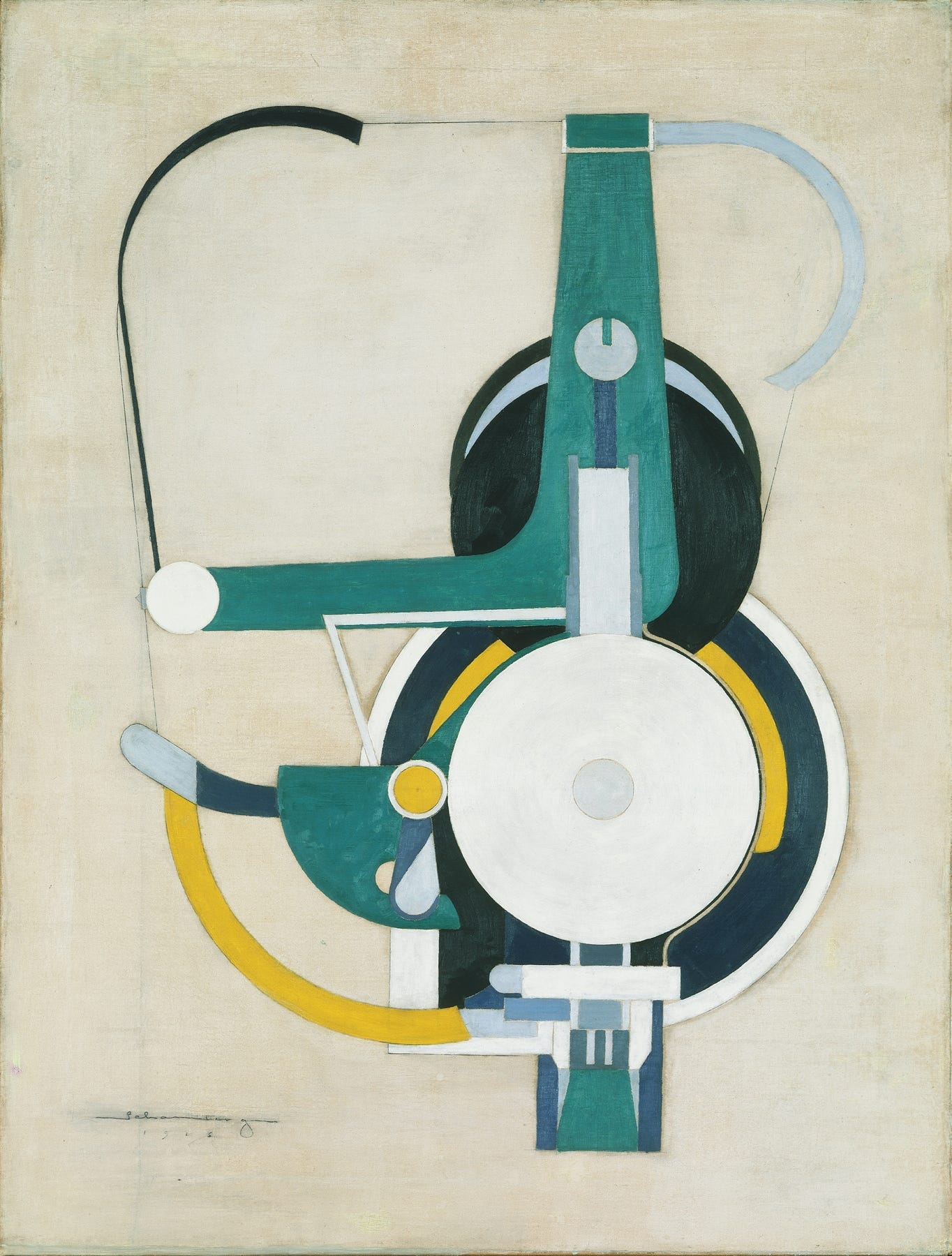Love is not Dopamine. Happiness is not Dopamine.
To resist the "Dopamine Cartel," change the way you talk about human experience.
The music critic Ted Gioia recently published an essay about what he calls “the dopamine cartel,” companies like Tik Tok, X, and Spotify that depend on dopamine addiction as part of their business model. “Instead of movies, users get served up an endless sequence of 15-second videos. Instead of symphonies, listeners hear bite-sized melodies, usually accompanied by one of these tiny videos—just enough for a dopamine hit, and no more.” Being hooked on dopamine will lead millions of users to unhappiness: “At a certain point, this cycle creates anhedonia—the complete absence of enjoyment in an experience supposedly pursued for pleasure.”
Around the time that I read Ted Gioia’s essay, I had a phone conversation with a friend, who talked about dopamine in a much lighter tone. My friend had just ordered pizza. “I can never stop eating pizza, once I start,” he told me. “It’s the dopamine.”
Dopamine and other hormones loom large in the American imagination as the explanation of all sorts of things. Articles about hormones and various parts of human life are everywhere. Why do we like poetry? “Our studies converge in showing that poetry is a powerful emotional stimulus capable of engaging brain areas of primary reward.” Why do we listen to music? “We report that pharmacological manipulation of dopamine modulates musical responses in both positive and negative directions, thus showing that dopamine causally mediates musical reward experience.” What do we get from hanging out with friends? “When you laugh your ass off with someone, neurochemicals called endorphins are released.” What is love? “Love is an emergent property of an ancient cocktail of neuropeptides and neurotransmitters.”
Now, these articles do not, in general, explicitly claim that all there is to know about our love for poetry (or music, or each other) is the fact that these things cause the release of dopamine (or other chemical) in the brain. But their claims are sometimes stated in such a way that might lead some readers to conclude that the most complicated or exquisite or transcendent human experiences are all actually reducible to one thing: A rush of dopamine.
If, as Gioia hopes, public resentment against the dopamine cartel will lead to resistance against it, will it also change the way we talk about dopamine and happiness? There is growing concern for dopamine addiction. But this concern will become resistance only if we learn to speak about human experience in a way that does not reduce everything to dopamine.
If we don’t, then the dopamine cartel wins. All the casual talk about “dopamine cravings,” “endorphin highs,” and the like could blunt any critique of the dopamine cartel. Dopamine-based explanations of human phenomena will become ever more popular, oversimplified, and produce a smokescreen for the cartel. In other words, a dopamine ideology will emerge that will do what ideologies always do: Generate elaborate but false stories that provide cover for material interests and capital. We need better stories that capture the depth and richness of human life.
This post is part of our collaboration with the University of Pittsburgh’s Center for Governance and Markets.






Thank you for this. I thought Gioia's piece read like a call to fight the dopamine cartel in order to feel righteous hits of dopamine. Or whatever chemicals are triggered in us by demonizing and degrading the latest enemy responsible for all of society's problems.